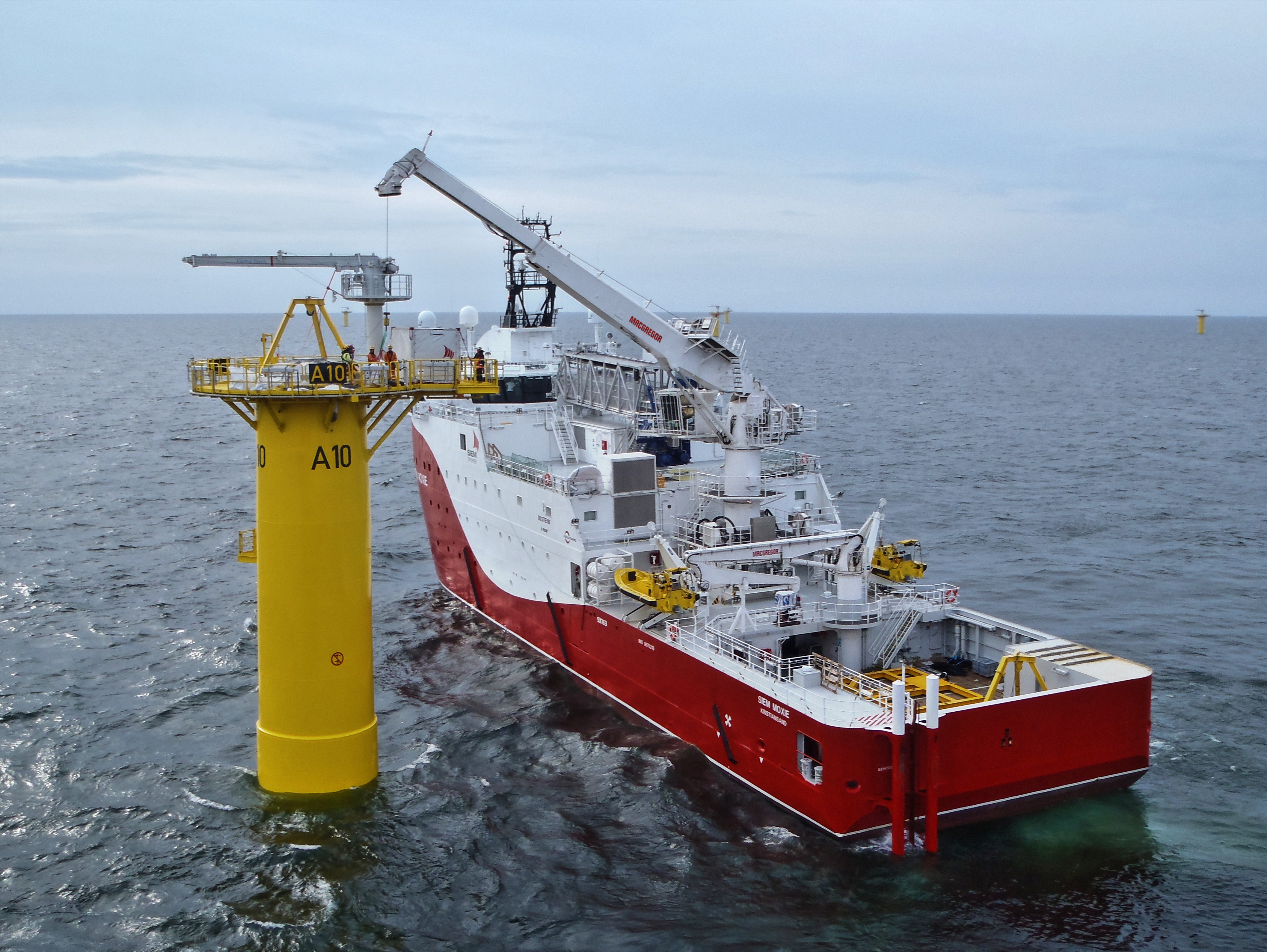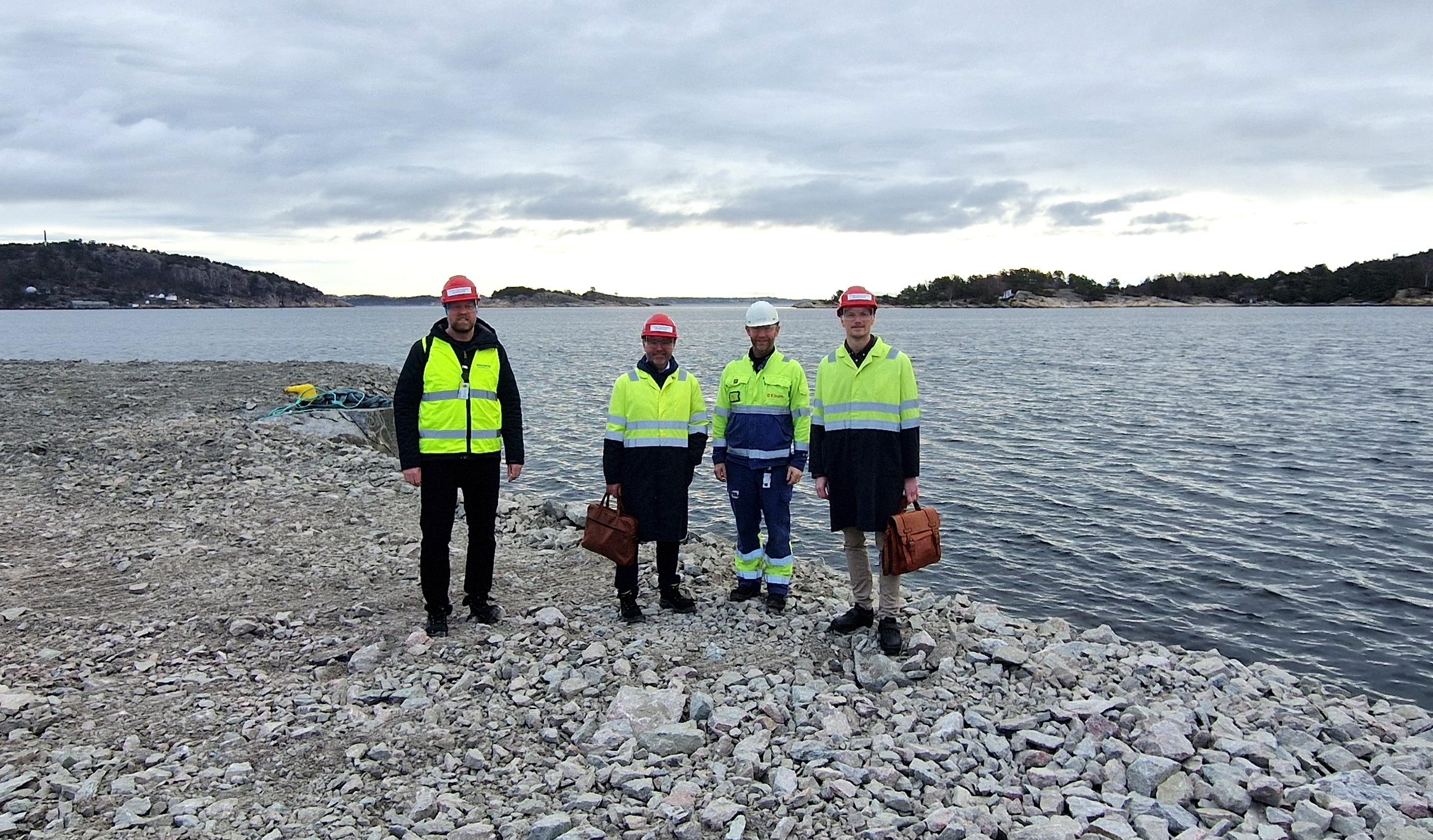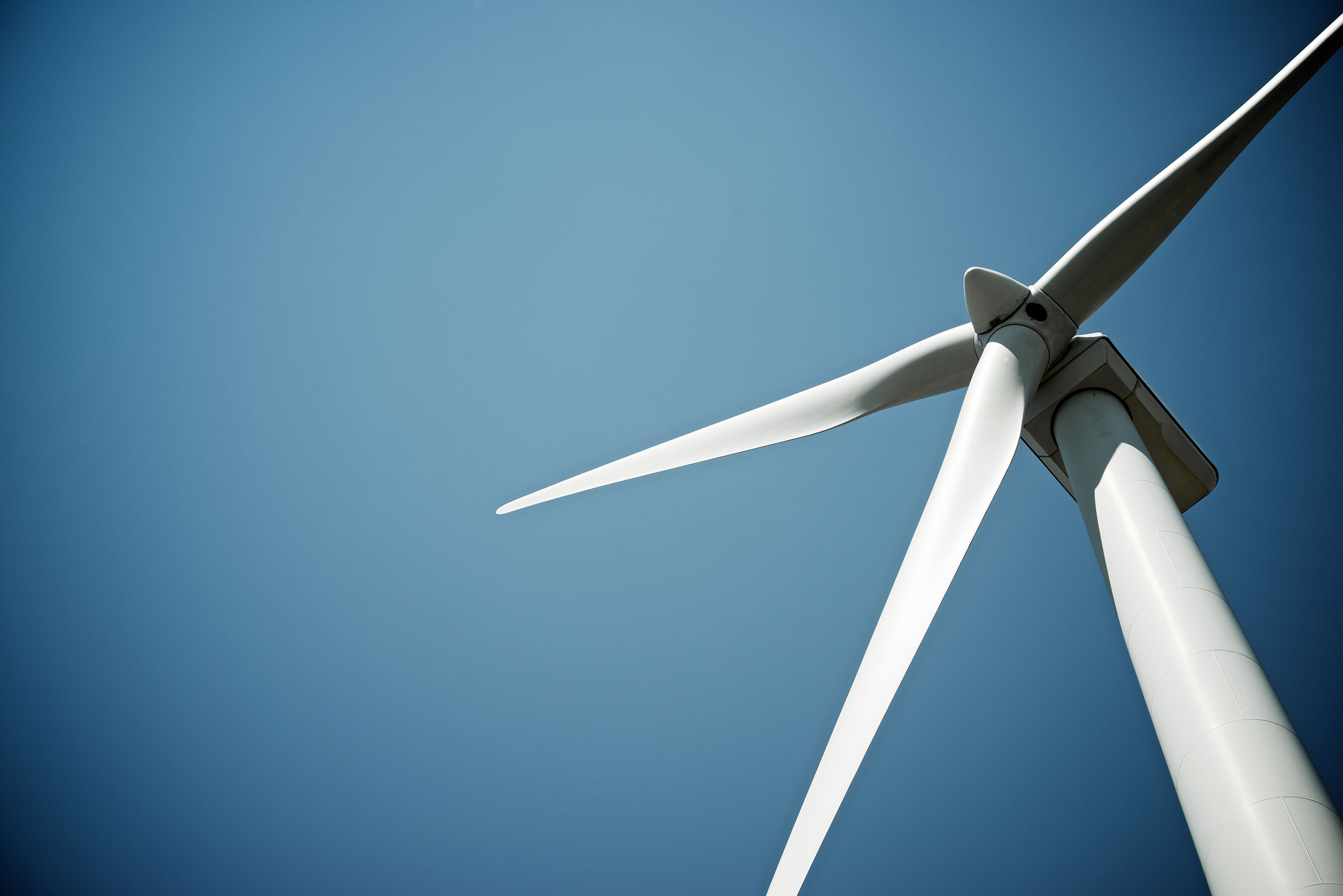The breakout session will discuss cross-over technologies from the maritime and oil & gas sectors.
The Arctic seabed hides vast resources, however development of these resources will require a more cost-effective approach to technology. The distance from shore, the environmental challenges and need to lower the cost to develop and operate these projects, underline the necessity to develop reliable remote operations of the installations and equipment.
The competence and the technology that the companies in the Norwegian GCE clusters has developed as global suppliers to the oil and gas sector, can also be transferred to other sectors like offshore wind, subsea mining, and aquaculture.
The breakout session at Arctic Frontiers Business will focus on the initiatives and projects that the clusters are working on to enable the companies to increase their competitiveness in the global oil and gas markets, in addition to transfer technology and competence to new markets.
Organizers: GCE NODE, GCE Subsea and GCE Blue Maritime
Time: Wednesday January 27, 13.00-16.00
Venue: Clarion Hotel the Edge
Moderator: John G. Bernander
Program:
1300-1310 Opening by chair John G Bernander and short introduction on the Norwegian cluster program.
1310-1340 GCE Blue Maritime – Project and initiatives in the cluster, CEO Blue Maritime, Per Erik Dalen
1340-1345 Q/A
1345-1415 GCE Subsea – Strategy, projects and initiatives in the cluster,
CEO GCE Subsea, Owe Hagesæther
1415-1420 Q/A
1420-1450 Coffee break
1450-1510 GCE NODE – Project and initiatives in the cluster, CEO GCE NODE, Anne-Grete Ellingsen
1510-1530 Transfer of competence from oil and gas sector to offshore wind, CEO MacGregor Norway, Høye Høyesen
1530-1535 Q/A
1535-1555 GCE – Joint Initiatives blue ocean strategies
1555 Sum up by chair
Information about the clusters and their CEO’s:
GCE Blue Maritime is part of a broad national initiative for the optimal development of Norway’s strongest industrial clusters. The prestigious status as “GCE” for the maritime sector was awarded by the Norwegian Government to the region of Møre, which is home of Norway’s largest and most complete maritime cluster. The cluster consists of over 220 companies, and covers all the segments of the value chain, resulting in a winning mix of competition, cooperation, and innovation. The organization GCE Blue Maritime Cluster contributes to the companies’ development by introducing new knowledge in the form of analyses, projects, and research, developing the regional research and education capacity, participating in national and international competence networks, and strengthening the cluster’s reputation among members of the community, nationally, and internationally.
CEO Per Erik Dalen is educated in the fields of aviation, economics and administration. He has professional experience at executive level from various large companies from the aviation, maritime, marine, and construction industries, and as a board member at a number of companies. At present, Per Erik Dalen is heading the regional innovation company Ålesund Knowledge Park (ÅKP), which works in the fields of innovation, regional development and ocean industries. As part of his work at ÅKP, he is the CEO of GCE Blue Maritime.
GCE Subsea is based in Hordaland county in Norway, a region internationally renowned for its world-class subsea, marine and maritime clusters. GCE Subsea represents the world’s most complete cluster for subsea life-of-field solutions. The cluster has a unique global position, boasting the longest subsea track record, the highest hydrocarbon recovery rate and score high on health, safety and environmental performance. GCE Subsea is an industry initiative that works to strengthen and internationalise businesses, R&D and education in the field. Our goal is to promote further development of the Norwegian subsea industry by increasing innovation. Operators and suppliers on the Norwegian Continental Shelf have been, and still are, global front runners in developing advanced subsea solutions to produce oil and gas resources. Norwegian subsea industry is marked leader world-wide. As demand for energy and marine resources as well as the scale of climate and environmental challenges is increasing, the industry will invest in R&D to develop new products and services and grow beyond oil and gas.
CEO Owe Hagesæther has more than 25 years of experience from top management and board positions to technology management and project management. He have had various positions from international networking, marketing, sales and business development. Hagesæther has his experience from branches like Oil and Gas, Banking & Finance, IT & Telecom, Energy, Management Consulting and Maritime Technology. Hagesæther is an entrepreneur and former founding partner of Nordic Integrator Group and also founding partner of start-up companies together with the Knowit Group. Hagesæther has also former background from business analysis, business development, Strategic change management and M&A. Mr. Hagesæther holds a M.Sc. degree in Computer Science from University of Bergen and a MBA degree in Strategic Management from Norwegian School of Economics.
GCE NODE is a world-leading technology cluster serving the global energy and maritime industries. Comprised of 77 companies in Southern Norway, GCE NODE works to ensure that its participants retain their world-leading position and to explore how existing technology can be utilized in other markets. The cluster is a global competency and expertise hub for the design and supply of drilling equipment, offshore mooring and loading systems, advanced heave compensated cranes and winches to the oil & gas and maritime industries. Nearly all of the costumers of the companies in the cluster are located outside of Norway. The major NODE enterprises hold an impressive 75 % share of the global market for drilling technology and equipment and are considered global centers of excellence within their mother companies. Their success is strongly supported by the small and medium-sized companies within the cluster. GCE NODE was one of the first of Norwegian business clusters ever to be awarded Global Center of Expertise (GCE) status.
CEO Anne-Grete Ellingsen has experience from several executive positions; CEO of Vestavind Offshore, Director of strategy and business development with Statkraft Agder Energy (SAE) Vind, Managing Director of Agder Produksjon AS and Director of Foreign Investments Agder Energi. Her experience also includes being the Director of the Affinity/partner marked Gjensidige Group, CEO of the Federation of Norwegian Commercial and Service Enterprises (HSH), several management positions in up- and downstream oil and gas operations with Statoil ASA and Elf Aquitaine (now Total) in Norway and internationally, covering both on- and offshore operations. She has been Secretary General of the World Petroleum Norwegian Congress and Deputy Minister at the Ministry of Oil and Petroleum. Ellingsen holds more than 15 years of experience as a board member of privately owned and listed companies. She holds a BSc in chemistry, a MSc. in Petroleum Technology, a BSc. in Economics and an Executive Master in Energy Management. She has participated in AFFs leadership courses for managers and senior executives.



